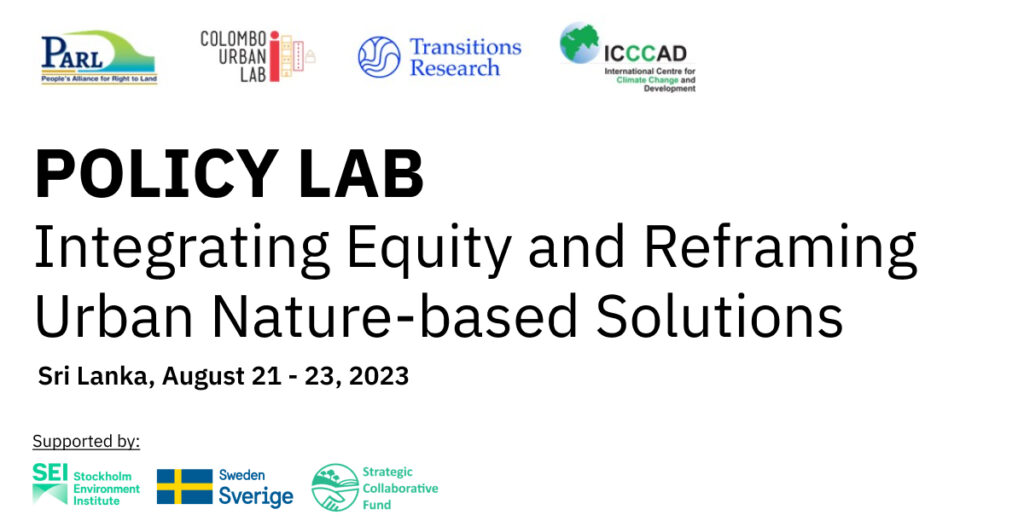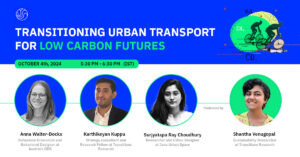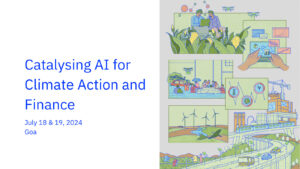
Since the mid-2010s, Nature-based Solutions (NbS) have received growing attention in the discourse surrounding net-zero ambitions, restoring ecosystems for sequestration, and biodiversity conservation. This framing of NbS has emerged from global policy and the opportunities, trade-offs and processes for implementation have not yet been examined in the context of the developing world, especially for South Asia. Our goal is to reframe NbS to address development, climate and biodiversity issues within the social, political and economic context of South Asia.
Across South Asia, much of the ongoing work around NbS has accorded primacy to large-scale rural projects with a primary objective of achieving sequestration goals. However, the implementation of NbS in cities has been largely overlooked despite the fact that South Asian countries need to prepare to accommodate 250 million more people in their cities over the next 15 years. Rapid urbanisation in the region, much of which will take place in small and medium-sized cities, demands that NbS be considered and prioritised in the urban context.
With support from the Stockholm Environment Institute’s Strategic Collaborative Fund Phase 2, Transitions Research, along with the International Centre for Climate Change and Development, Colombo Urban Lab and People’s Alliance for Right to Land, organised a Regional Policy Lab: “Integrating Equity and Reframing Urban Nature-based Solutions” from Monday, August 21st to Wednesday August 23rd, 2023 in Colombo, Sri Lanka. The objective of the Policy Lab was to co-create regional and country specific pathways for incorporating NbS in urban planning and governance to address urgent climate, development and biodiversity issues faced by growing mid-sized cities in South Asia.
Read more about the outcomes of the Lab in our blogs on How Nature-based Solutions can Build Urban Resilience and Reframing Urban Nature-Based Solutions.




